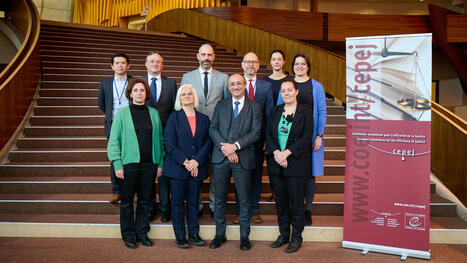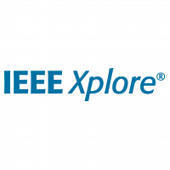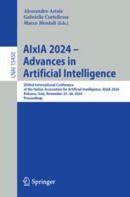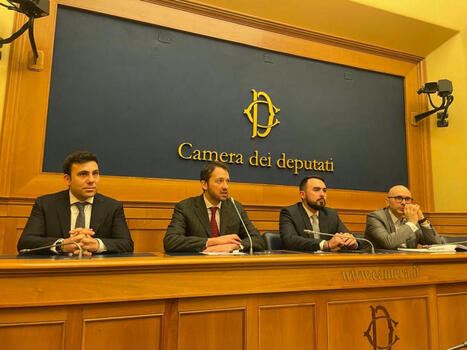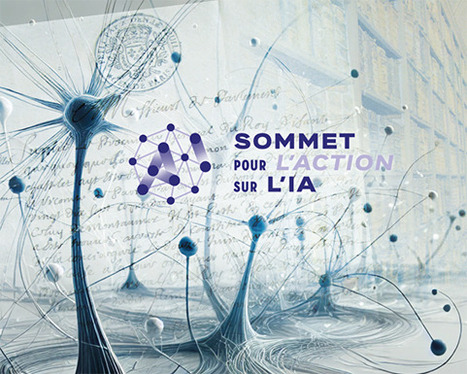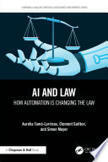Ce guide méthodologique a été conçu pour fournir :
• une cartographie des gisements d’informations disponibles pour toutes les sources du droit français, du droit de l’Union européenne et du droit international (législation, jurisprudence, doctrine),
• une description plus détaillée des données et outils essentiels, accompagnée de trucs et astuces pour une utilisation efficace,
• une méthode de travail adaptable à tous les types de recherche et des conseils plus pointus pour des requêtes et investigations spécialisées.Le corps du texte s’accompagne d’outils permettant d’acquérir des compétences en recherche d’information juridique : des copies d’écran illustrent les procédures, des résumés permettent de mémoriser les points essentiels, des focus approfondissent certains aspects plus complexes.
Privilégiant la pratique et une approche la plus concrète possible, l’ouvrage devrait être utile à l’étudiant en licence ou master, au professionnel du droit ou de l’information juridique. Au-delà, il devrait intéresser toute personne souhaitant :
• se former à la recherche documentaire juridique,
• vérifier ou actualiser ses connaissances dans le domaine,
• former des étudiants à ce type de recherche,
• mesurer l’impact de l’intelligence artificielle sur la recherche d’information juridique.

 Your new post is loading...
Your new post is loading...





